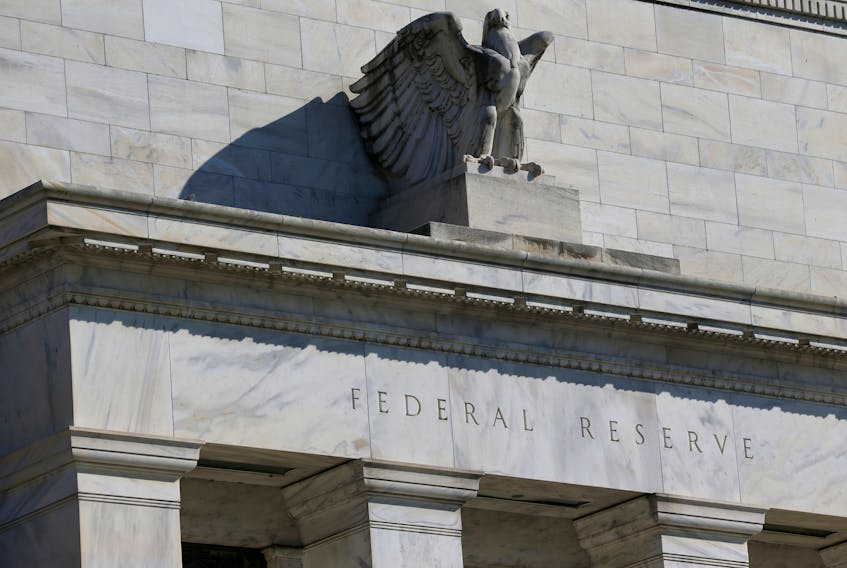By Ann Saphir
JACKSON HOLE, Wyo. (Reuters) - The Federal Reserve ought to adopt a monetary policy rule to guide its interest-rate-setting decisions in part as a bulwark against a near daily barrage of presidential criticism, a widely respected economist told Fed Chair Jerome Powell and other central bankers on Friday.
U.S. President Donald Trump has suggested he would like to demote or fire Powell for raising interest rates last year and not cutting them far or fast enough this year.
"A systematic monetary policy framework that is clearly communicated and well understood protects against such threats," MIT professor Athanasios Orphanides said at the Kansas City Fed's annual economic symposium here.
If the Fed can point to a set of equations to back up any given set of decisions, he reasoned, no one will be tempted to think that it acted out of political expediency or under presidential pressure.
Fed policymakers have in the past resisted using monetary policy rules as anything more than rough benchmarks, saying they could unnecessarily tie their hands in times of economic crisis. Some of the most widely cited rules would have had the Fed raise rates much sooner after the Great Recession than it actually did, potentially choking off the recovery.
Indeed, while the Fed is currently deep into a yearlong effort to potentially revamp its policy framework, minutes of the Fed's July policy-setting meeting included a long list of topics under discussion, and adopting a policy rule was not among them.
On Friday, Orphanides made the case that it should be, particularly when Trump is repeatedly urging the Fed to cut rates, and then Fed policymakers make that very decision.
"Discretion may invite perceptions of political interference that damage the credibility of the central bank and threaten its independence," said Orphanides, himself a former central banker.
He also made an economic argument for adopting a policy rule, saying the Fed's current policy strategy is too vague, which makes rate-setting decisions hard to anticipate and understand, and potentially delivers worse outcomes for the economy.
"Monetary policy is most effective when it is formulated in a systematic manner, following a clearly communicated monetary policy rule," he said.
Since 2012, the Fed has targeted 2% inflation, a concrete goal that Orphanides argued has helped stabilize inflation expectations. But it has also offered hard-to-interpret guidance on how it will set rates, including a promise to be "data-dependent."
Simplifying guidance by adopting a rule for policy would make it easier for the public to understand how any given economic data will affect rates, Orphanides said.
(Reporting by Ann Saphir; Editing by Chizu Nomiyama)









